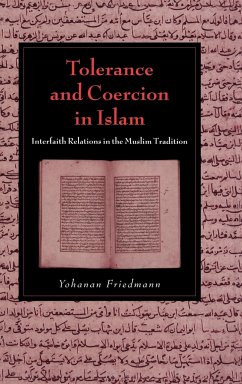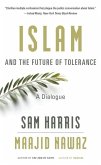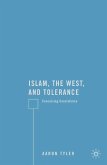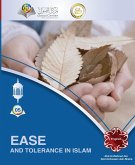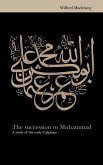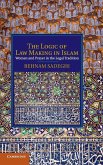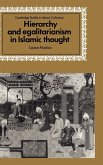Friedmann's study sheds light on medieval attitudes to religious tolerance.
Since the beginning of its history, Islam has encountered other religious communities both in Arabia and in the territories conquered during its expansion. Muslims faced other religions from the position of a ruling power and were therefore able to determine the nature of that relationship in accordance with their world-view and beliefs. Yohanan Friedmann's original and erudite study examines questions of religious tolerance as they appear in the Qur'an and in the prophetic tradition, and analyses the principle that Islam is exalted above all religions, discussing the ways in which this principle was reflected in various legal pronouncements. The book also considers the various interpretations of the Qur'anic verse according to which 'No compulsion is there in religion (?)0;', noting that, despite the apparent meaning of this verse, Islamic law allowed the practice of religious coercion against Manichaeans and Arab idolaters, as well as against women and children in certain circumstances.
Table of content:
1. Introduction; 2. Religious diversity and hierarchy of religions; 3. Classification of unbelievers; 4. Is there no compulsion in religion? 5. Apostasy; 6. Interfaith marriages; 7. Concluding observations.
Hinweis: Dieser Artikel kann nur an eine deutsche Lieferadresse ausgeliefert werden.
Since the beginning of its history, Islam has encountered other religious communities both in Arabia and in the territories conquered during its expansion. Muslims faced other religions from the position of a ruling power and were therefore able to determine the nature of that relationship in accordance with their world-view and beliefs. Yohanan Friedmann's original and erudite study examines questions of religious tolerance as they appear in the Qur'an and in the prophetic tradition, and analyses the principle that Islam is exalted above all religions, discussing the ways in which this principle was reflected in various legal pronouncements. The book also considers the various interpretations of the Qur'anic verse according to which 'No compulsion is there in religion (?)0;', noting that, despite the apparent meaning of this verse, Islamic law allowed the practice of religious coercion against Manichaeans and Arab idolaters, as well as against women and children in certain circumstances.
Table of content:
1. Introduction; 2. Religious diversity and hierarchy of religions; 3. Classification of unbelievers; 4. Is there no compulsion in religion? 5. Apostasy; 6. Interfaith marriages; 7. Concluding observations.
Hinweis: Dieser Artikel kann nur an eine deutsche Lieferadresse ausgeliefert werden.

